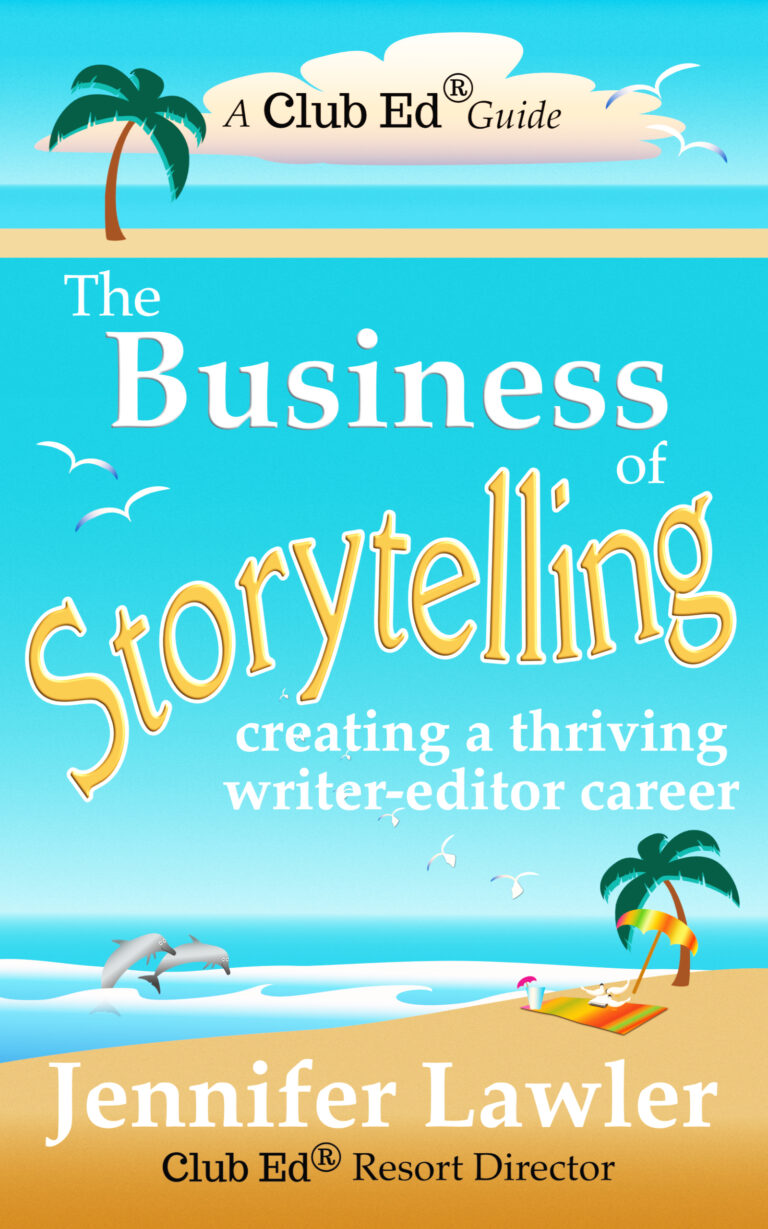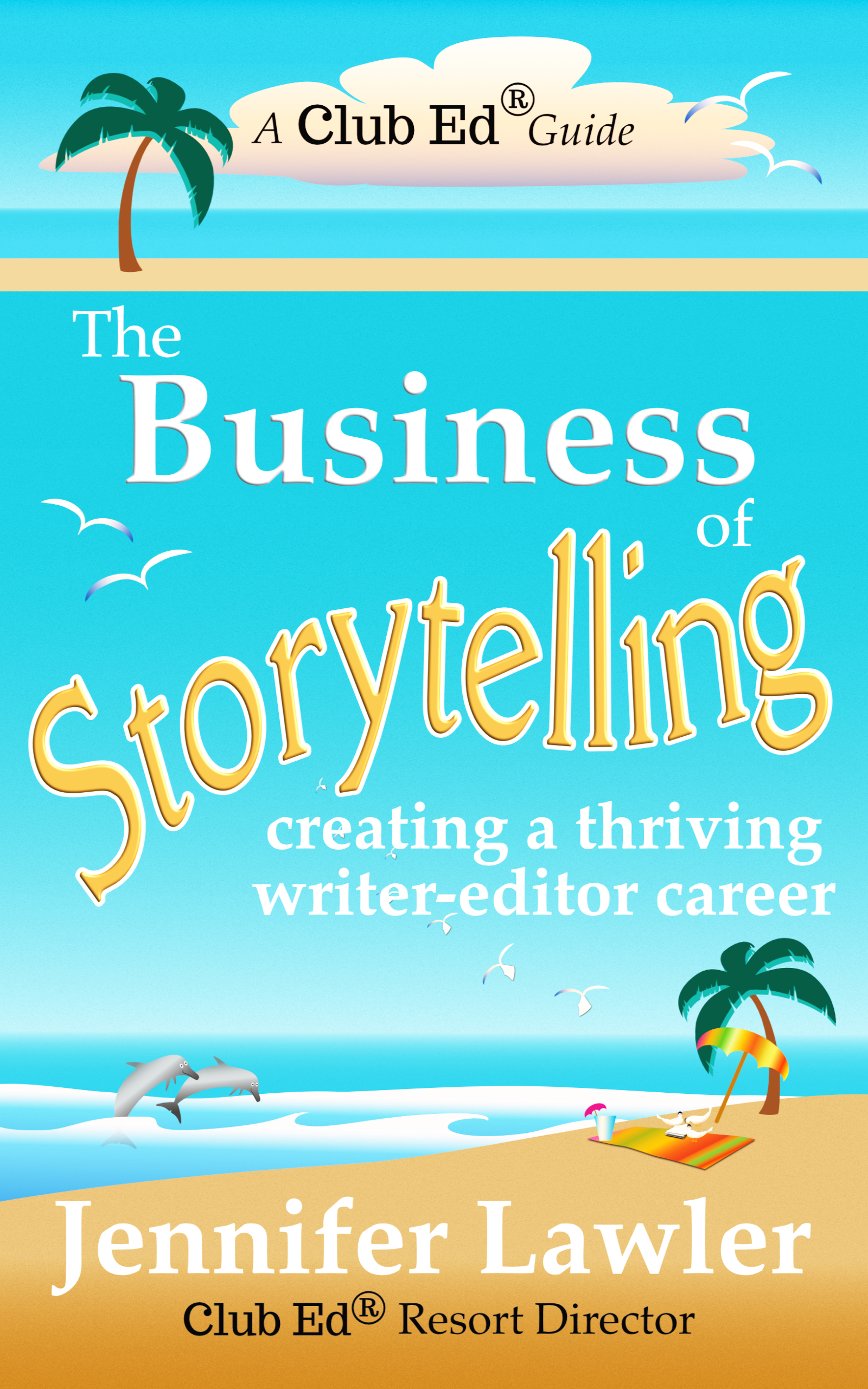How much feedback should writers get?
Feedback for Writers
I’ve been an Indiana Jones fan since Raiders of the Lost Ark. So I went to see The Dial of Destiny. When the opening credits showed four screenwriters, I knew the movie was going to be a mess even before . . . well.
When you see more than two people with screenwriting credits, it’s always a bad sign. It means no one trusted anyone and everyone stomped all over whatever vision anyone else had and then everyone lobbied for their favorite bits to stay in whether they made sense to the final story or not. Usually a director who thinks they’re a writer is involved, and a couple of nervous producers are casting doubt.
What you need when a story is going wrong is an editor, not a bunch more writers.
Anyway, this isn’t a post about screenwriting. It’s a post about letting people stomp all over your vision.

Best Tips for Getting Feedback for Writers
I’m a big fan of using a beta reader or two to give you feedback on your work. Getting another pair of eyes on your ms is essential to helping you see obvious problems you might have overlooked. It’s notoriously difficult to see the flaws in your own work.
But I cannot count the number of people who have come to me after they sent their work out to four or five or ten beta readers and the accumulated feedback is just . . . a tangled knot of contradiction and confusion.
Readers A and B liked the main character but Readers C and D did not; Readers E and F had a problem with the inciting incident (implausible) but Readers A and D did not; Readers C and F found the ending unearned but A and E thought not a word should be changed whereas Reader B wanted the nuclear bomb to go off after all.
Seeking lots of feedback is like having four people write a screenplay. You’re going to wind up with a tangled knot of confusion when your goal is a strong, engaging story.
A good dev editor can help you make sense of this mass of contradictory feedback, but I would recommend not getting it in the first place. Pick one or two beta readers and go on with your life. You know what story you’re trying to tell. Let a small number of people help you see places where the cracks show. That’s it.
A good developmental editor is skilled at developing feedback for writers.
As a dev editor, I’m happy if you pick me instead or in addition to the one or two beta readers, but in any event do not fall victim to the idea that if one is good, five must be better. It’s not.
Related Reads

The Fine Art of Copyediting Fiction
When copyediting fiction, it’s common to run up against issues that pit author preference against standard editing approaches. For example, in a story I wrote some years ago, the main character’s neighbor is referred to as “3-B” as that is her apartment number and the MC doesn’t know her name. Fine. She can be referred…
Let the manuscript teach you how to edit it
One of the lessons I’ve learned over many years of editing is that you have to let the manuscript teach you how to edit it. Every manuscript is different and every manuscript needs a different touch. Even when an author does something I’ve seen many times before, I have to edit for that particular manuscript,…

Helping Authors Strengthen Story Settings
The setting of a novel consists of multiple elements, big and small, that nest inside each other like those little Russian dolls. We might show this hierarchy of settings like so: If you think about it, the micro setting of “the living room of 601 San Mateo Road Apartment 16” implies the existence of all…
Setting problems: lack of concrete locations
Writers often use setting like a painted backdrop to their stories, rather than as an integral element of their storytelling. As DEs, we can help them make the setting come to life. If we think of Wuthering Heights, we think of the Yorkshire moors. When we think of Moby Dick, it’s a whaler on the…
Developmental Editing and “Sensing” Problems
I’ve heard developmental editors talk about “sensing” that a story isn’t working, even going so far to say that “sensing” problems is their job. And sensing that something is going wrong is a useful skill for a developmental editor to have—all of us do, to one degree or another. But developmental editing isn’t about “sensing”…
How to Get Lucky
The other day, I wrote a Facebook post about a challenge I encountered upon moving to Spain and someone responded, “You’re so lucky you live in Spain now!” And I just about sprained my eyeballs rolling them. Sure, some luck was involved. Luck is involved in everything. But moving to Spain wasn’t a random gift…
Join the Club!
New to story editing? Begin at the beginning.





